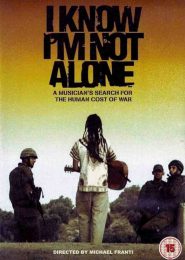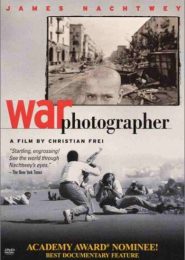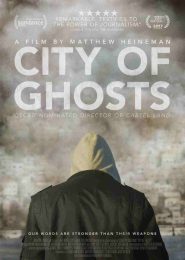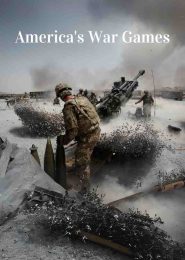Why We Fight (2004)
In the shadowed corridors of power, where decisions echo through generations, Why We Fight, a 2005 documentary by Eugene Jarecki, dissects the sinews of war. Its title harks back to the World War II-era propaganda films commissioned by the U.S. Government—a paradoxical dance of patriotism and manipulation.
The Anatomy of War: Jarecki’s lens pierces the military-industrial complex. The film unravels the threads that bind politics, economics, and ideology. It’s a nonpartisan inquiry into the forces propelling America toward conflict since World War II. We glimpse the Pentagon’s inner sanctum, where decisions echo across continents.
The Lessons Echoed: Why We Fight unfolds through interviews with luminaries. John McCain, Chalmers Johnson, Richard Perle, William Kristol, Gore Vidal—they step forward, their voices a symphony of perspectives. The film’s eleven lessons resonate like ancient truths etched in stone.
- Empathize with Your Enemy: McNamara’s haunted eyes recall Tokyo’s firebombing. War’s cost isn’t just in dollars—it’s in souls.
- Rationality Will Not Save Us: In the nuclear age, reason teeters on the abyss. The Cold War’s chessboard trembles.
- There’s Something Beyond One’s Self: Vietnam War veterans, grieving parents, and refugees—each bears witness to war’s aftermath.
- Maximize Efficiency: Body counts, metrics, and the dehumanization of conflict. The war machine grinds on.
- Proportionality Should Be a Guideline in War: The scales of justice waver. How much blood is enough?
- Get the Data: McNamara’s quantified mind seeks patterns. But data can’t measure grief.
- Belief and Seeing Are Both Often Wrong: Hubris collides with reality. Vietnam’s quagmire devours ideals.
- Be Prepared to Reexamine Your Reasoning: The echoes of folly reverberate. War’s architects confront their legacy.
- In War, Innocents Always Suffer the Most: Napalm-scorched children haunt the screen.
- You Can’t Change Human Nature: Reason battles instinct. The dance continues.
- There Is Something Beyond One’s Self: McNamara, aging and fragile, confronts mortality.
Legacy and Reflections: Why We Fight isn’t just a film; it’s a mirror. It reflects our choices, our collective amnesia. As the credits roll, we ponder: Can wisdom emerge from darkness? Can we break the cycle? The film’s pixels linger—a plea for empathy, a call to reexamine our reasoning.
In this celluloid labyrinth, we navigate the fog of war.




